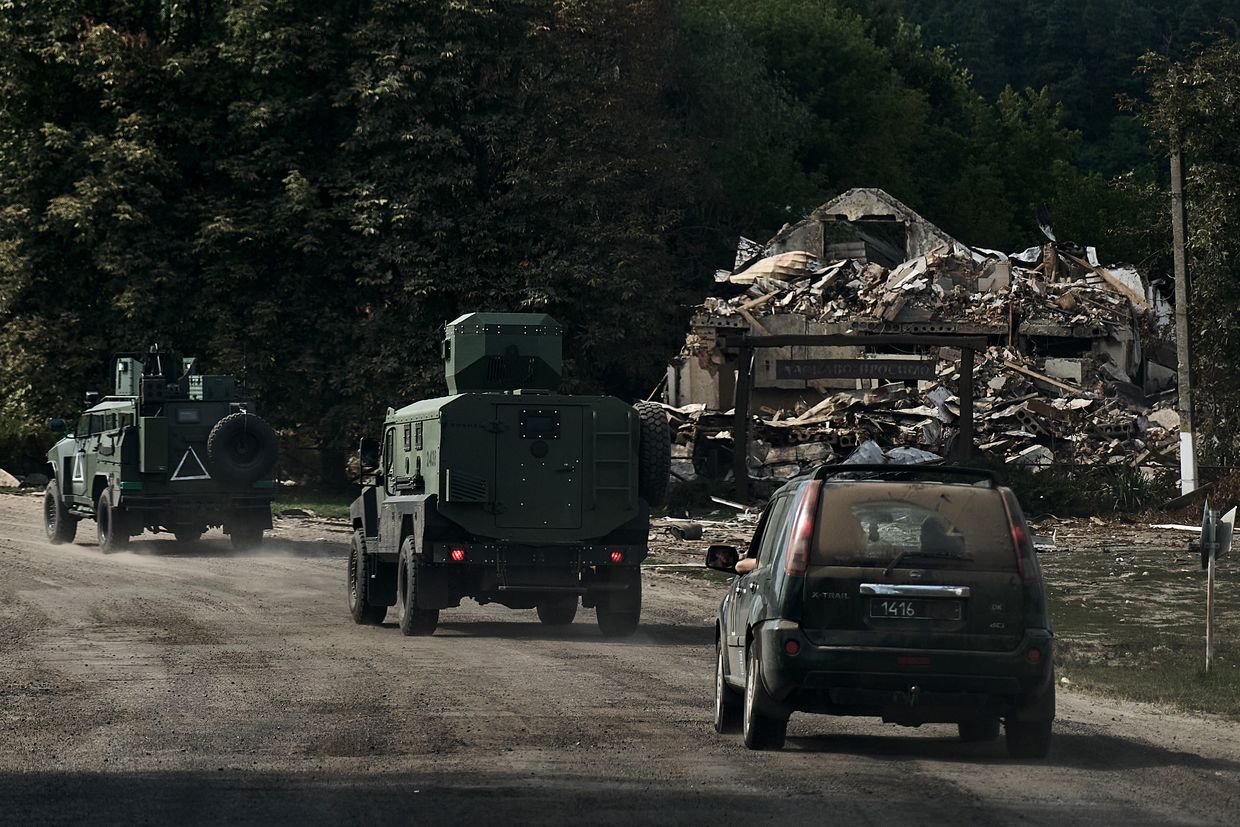Kyiv dismisses Russian claims of planned 'dirty bomb' attacks on nuclear plants

The Ukrainian Foreign Ministry dismissed on Aug. 16 Russian claims about Kyiv's alleged plans to attack nuclear power plants with so-called "dirty bombs."
The statement came after several Russian state-controlled media claimed that Ukrainian forces are allegedly planning to attack Russian-occupied Zaporizhzhia Nuclear Power Plant (ZNPP) in Enerhodar, Ukraine, and Kursk Nuclear Power Plant (KNPP) in Russia.
Heorhii Tykhyi, the Foreign Ministry's spokesperson, called these claims "a surge of insane Russian propaganda."
"We officially refute these false reports. Ukraine has neither the intention nor the ability to carry out any such actions. Russia must stop spreading dangerous lies," he said.
Russia falsely claimed Ukraine was developing a "dirty bomb," a device that uses explosives to scatter radioactive waste, in 2022. After the inspection at Ukraine's request, the International Atomic Energy Agency (IAEA) experts found no "indications of undeclared nuclear activities and materials at the locations," the agency's chief, Rafael Grossi, said.
"Nothing has changed since then," Tykhyi said.
"Ukraine has always been and remains a committed member of the NPT (Treaty on the Non-Proliferation of Nuclear Weapons). We do not have any 'dirty bombs' and do not plan to acquire them."
Andrii Kovalenko, the head of the counter-disinformation department at Ukraine's National Security and Defense Council, said that Russia "may be preparing a nuclear provocation."
"Their scenario of accusing us of terrorism and the attack on the Kursk Nuclear Power Plant did not work. Now they are lying," he wrote on Telegram.
The KNPP is located nearly 80 kilometers from the Kursk Oblast border town of Sudzha, that was reportedly captured by Ukrainian forces this week during Kyiv's ongoing incursion into Kursk Oblast. Russian media reported that Russia is preparing to defend the Kursk plant as Ukrainian troops approach and have begun constructing defensive lines near it.
The Zaporizhzhia nuclear plant, Europe's largest nuclear power station, has been under Russian occupation since March 2022. Its position near the front line has led to heightened nuclear safety risks throughout Russia's full-scale war.
Kyiv accused Russian forces on Aug. 11 of setting fire to "a large number of automobile tires in cooling towers" at the nuclear plant in an effort to "create panic in the settlements on the right bank of the former reservoir."
The IAEA said that nuclear safety at the power plant had not been affected.











